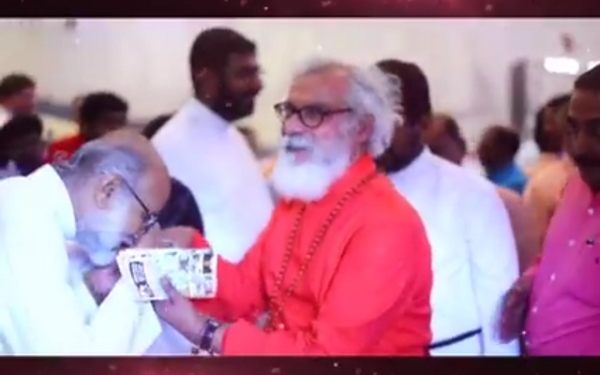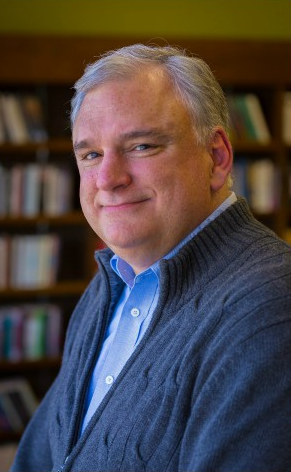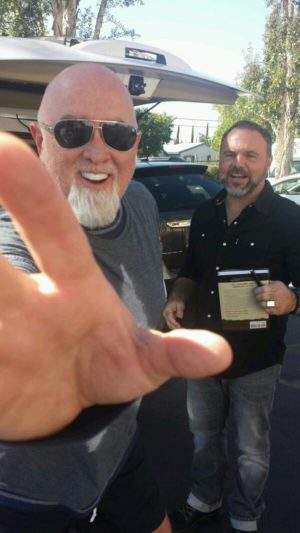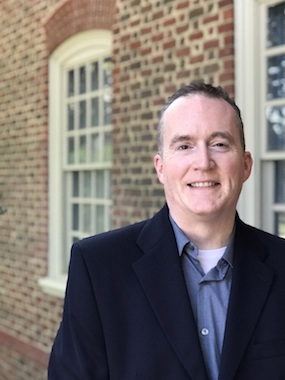I bet that title has never been typed before in the history of the world.
In part two of my interview with former Mars Hill Church executive elders Sutton Turner and Dave Bruskas, I asked both gentlemen if Mark Driscoll received a payout when he left Mars Hill Church, and I asked if Driscoll ever wore a bulletproof vest in the pulpit as he recently claimed. About the payout, Sutton said he doubted it because he didn’t think there was sufficient funds available to do so, and both fellows said they never saw Driscoll sport a bulletproof garment.
Well, around here, when news breaks, we fix it. We have corrections.
The Vest
Sutton Turner posted a clarification at his blog that I want to point you to. Go read the whole post, but here’s the money quote on the vest:
However, I have spoken with a former staff member who was with Mark when he purchased a bulletproof vest in 2008. This same staff member observed Mark wearing the vest once while preaching that same year.
Turner and Bruskas stand by their recollection that they never saw him wear one.
The Severance
On the severance, Sutton was informed by former Mars Hill staff that indeed Driscoll was paid a handsome sum after fleeing the scene.
However, I have come to learn from previous Mars Hill staff members that Mark received twelve months’ worth of severance following the sale of real estate in Ballard less than the purchase price of the server managing his content in 2015.
At the time, he was earning in the neighborhood of $650k/year. Even though Mars Hill paid for much of the research used in Driscoll’s books, he owned the rights to it. Apparently, whatever a server cost in 2015 was deducted and away he went.
So there you have it. I want to thank Sutton for quickly coming forward with these corrections. I regret it took me so long to get this post up.
The interviews with former Mars Hill Church executive elders Sutton Turner and Dave Bruskas are available here: Part One; Part Two
The “15 years of Blogging Series” is available here: 15 Years of Blogging
See also this post from Wenatchee the Hatchet (I love that name) on Sutton’s correction and a whole lot more from Mr. Hatchet.





